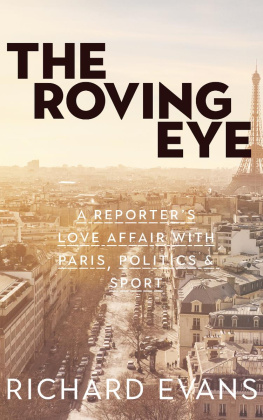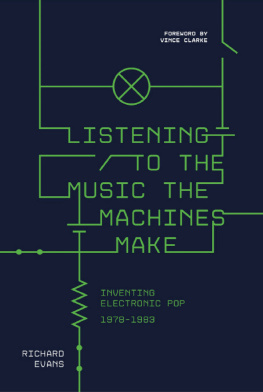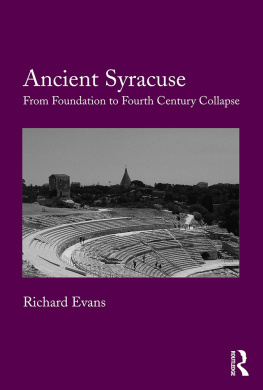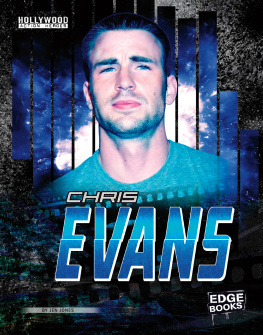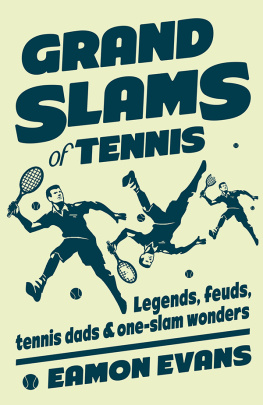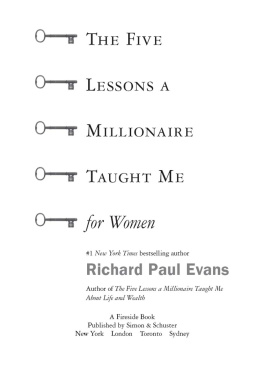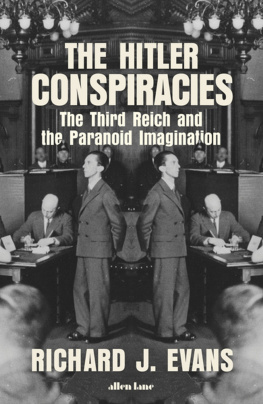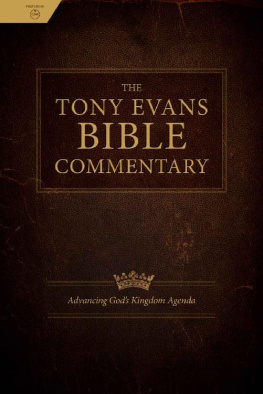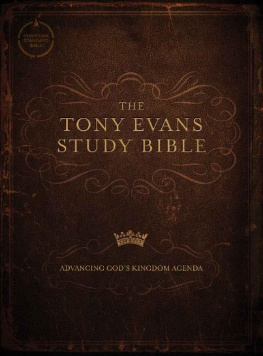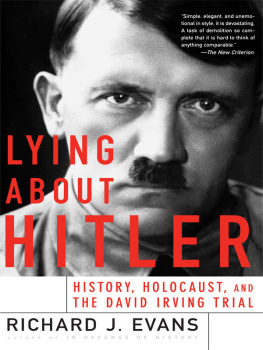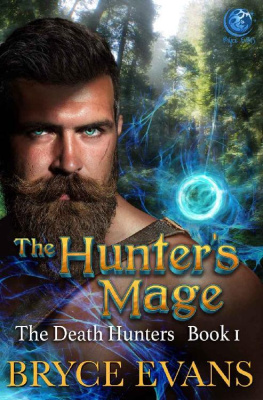This is the story of a long, varied and, I hope, interesting life. It is the story of a reporters life a reporter who turned himself into a writer and broadcaster, skills that overlap and intertwine.
It is the story, inevitably, about aspects of our world which are of particular interest to me. Journalism, broadcasting, sport, politics, travel and people. And it is the people that make the whole thing worthwhile. Without people, as Nelson Mandela must have contemplated on occasion during his 27-year incarceration, what is there?
I have been uncommonly lucky in knowing both private and public people and, if this story concentrates more on the latter, it is because many of them have shaped our world, using their exceptional gifts to add colour and mood, excitement and controversy, all embellished with the headlines that my profession enjoys so much.
I am not one of those people who scorn the idea of having heroes. Most of us need someone to inspire and guide us; to quicken the heartbeat and bring us joy.
In journalism, no one inspired me more than James Cameron, not the film maker but a sardonic Scot whose view of life was forever tainted by having witnessed, from a dubiously safe distance, the atomic bomb tests over the island of Bikini in Micronesia. Cameron wrote of it at the time: This enterprise was a pantomime of such hilarious tragedy, compounded of every factor from the banal to the appalling, that it remains in my mind as a kind of slapstick nightmare.
As we shall see, from his description of a visit to the Gabon to meet Dr Albert Schweitzer, Cameron possessed a talent that enabled him to write from the heart and leave his readers in no doubt as to where he stood. Needless to say, I admire that.
It unleashes a whole discussion about the divisions between reporting and commentating in Britain the two are allowed to merge far more than they are in the United States and Cameron did not shy away from it.
Writing in 1967, Cameron, in the last chapter of his captivating autobiography, Point of Departure, said this: Today, we journalists spend our time splashing in the shallows, reaching on occasions the rare heights of the applauded mediocre. It looks, perhaps, easier than it is.
To the individual in this machine (of journalism) it brings its own dilemma: the agonising narrow line between sincerity and technique, between the imperative and the glib so fine and delicate a boundary that one frequently misses it altogether, especially with a tight deadline, a ringing phone, a thirst and an unquiet mind.
Not many in my profession would disagree with that.
As I write, a man who likes only journalists who write nice things about him has gained entrance to White House. It is too early to know where that will lead but I fervently hope it will ensure journalists are made ever more aware of the very serious duty to tell the truth.
On a more personal level, I owe my whole career to Reg Hayter, who took an extraordinary punt on a seventeen-year-old when he had just set up his freelance agency in Fleet Street with Ron Roberts and Freddie Garside and offered me a job. Whatever skills I have as a reporter were learned while grappling with the assignments Reg gave me. There are many others who can say the same thing. Hayters became the best school an aspiring sports writer could ever attend.
Even before I started wearing long trousers, I became captivated by a genius in white flannels, a cricketer called Denis Compton, a batsman of such carefree abandon that he left thousands of runs unscored, giving his wicket away because he may have picked up the wrong bat in the dressing room (he often mislaid his own) or was wondering if his nag had won the 3.30 at Epsom.
Before his cartilage blew up, Denis played on the left wing for Arsenal with his brother Les. Like thousands of others, my day was made or ruined by a Compton century or a Compton duck. It is the same, even now, depending on whether Arsenal win or lose. Those who captivate you in childhood have you forever.
In politics Winston Churchill was my hero. I grew up in England during World War Two. Do I need to explain? Much later, when I came to cover politics for the London Evening News and BBC Radio in America, I found Robert F Kennedy to be the most special of people; a haunted, evolving human being who became a unique politician. It is almost unbearable to think how much better a place the entire world would have been had he become President instead of Richard Nixon.
There have many other people I have admired from near or far and I will remain indebted to those who have offered their friendship. Many will appear in this story. Inevitably some will not and to them I apologise. Omissions are purely the result of how narratives unfold, as anyone who has tried to write a book will understand.
It has been a life carried out on the hoof; in hotels and airports and 747s, leading to an ever-changing vista of what this amazing world has to offer. I have had homes in Paris, London, Stockholm, New York, Mijas, El Castillo de Castellar and now, under the blazing Florida sun, in Delray Beach. I should have spent more time in each but then, what would I have missed? Curiosity and the need to earn another dollar always drove me on and there is little that I regret.
Somehow in the middle of it all or, to be precise, at the beginning and towards the end I managed to persuade two remarkable women to marry me. Glenys has remained a lifelong friend and I think Lynn will, too. And, of course, I cannot find adequate words to thank Lynn for producing Ashley, a son to cherish.
I also want to thank those friends who not only put up with my stories, but encouraged me to write them down. That is what I have tried to do here. During the process, Chris Bowers, a great friend and partner of mine at the Tennis Radio Network, volunteered to read the manuscript and offer suggestions. As a biographer himself, Chris has a shrewd eye for detail and nuance and I have taken heed of many of his observations. My thanks, too, to Gayle Hunnicutt, Heather Mitchell and Robert Sackville West who were kind enough to read early chapters and offer the kind of encouragement one needs on those darker days when one thinks What the hell am I doing?
They seemed to enjoy what they read. I hope you do, too.
Parisian air was the first air I breathed; her trees the first trees I saw. The chestnuts, a shiny mahogany as they split from their green casings, fell at the foot of my pram as my mother wheeled me down the quayside by the Seine, which flowed less than a hundred yards from the room where I was born.
I left before I could talk, returned before I could write and went off to be educated elsewhere. But, of course, you never leave Paris. Hemingway uttered many truisms but, for me, none more accurate than his remark to a friend in 1950: If you are lucky enough to have lived in Paris as a young man, then wherever you go for the rest of your life, it stays with you, for Paris is a moveable feast.
Feasts were difficult to put on the table in France in December 1945. Since the day of my birth on 10th February 1939, the Second World War had dimmed the lights, swept the gaiety from the boulevards and turned the worlds most glamorous city into a place of fear and suspicion as it struggled under the Nazi jackboot.
So allow me to re-trace some steps to the beginning. I had been born at home in my fathers dressing room, on the 3rd floor of a typical Parisian apartment at 6, Rue Francoise 1er. The flat ran the length of the building and from the balcony you could see the Seine and the glittering Pont Alexandre 111. The Champs Elysees was a few steps away but to get to his office in the Avenue de lOpera every morning my father had Rene, the chauffeur, to whisk him across the Place de la Concorde in our splendid Renault tourer. Lassere, still one of the citys finest restaurants, was just around the corner. My silver spoon was waiting for me in our dining room.

